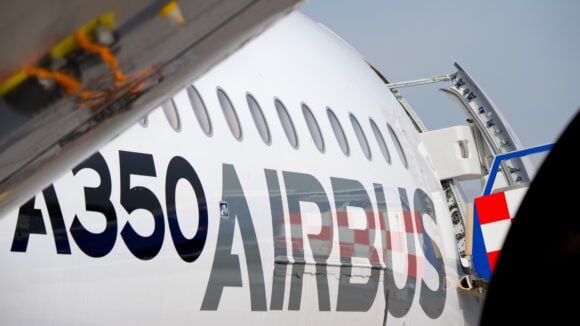
It has been over a month since the Air India Boeing 787 en route to London crashed seconds after take-off, claiming the lives of more than 260 people. Yet the investigation remains mired in claims and counterclaims, with no clear resolution in sight.
This week, the controversy escalated further with the entry of the U.S. National Transportation Safety Board (NTSB) Chair Jennifer Homendy, The Wall Street Journal, India’s pilot unions, and newly appointed aviation minister Ram Mohan Naidu into the fray.
At the heart of the storm are two competing narratives. One camp—led by The Wall Street Journal, Reuters, and Italy’s Corriere della Sera—has reported access to cockpit voice recorder timestamps. These reports suggest that the captain, who was monitoring the flight while the first officer (FO) flew the aircraft, may have deliberately cut off fuel to both engines.
According to Corriere della Sera, the cockpit transcript reads:
- 1:38:42 PM: Captain cuts fuel flow to left engine, then right.
- 1:38:44 PM: FO asks, “Why did you shut off the engines?”
- A second later, the captain’s microphone records a vague “I didn’t do it.” The FO, unconvinced, repeats the question several times over a period of six seconds.
- 1:38:47 PM: Ram Air Turbine (RAT) deploys.
- 1:38:52 PM: FO restores fuel to left engine. Relight begins.
- 1:38:56 PM: Captain Kunder restores fuel to the right engine.
- 1:39:50 PM: Mayday is called.
The report sparked uproar in India, particularly as the Parliament’s Monsoon Session began today. Aviation Minister Ram Mohan Naidu issued a sharp public rebuttal.
“I believe in the AAIB (Aircraft Accident Investigation Bureau). I believe in the work being done by the AAIB. They have done a wonderful job decoding the data here in India—it was a huge success,” he said. “The AAIB has made an appeal to all, especially Western media houses, which may have vested interests in the kind of articles they are trying to publish.”
Naidu urged patience until the final report, noting that much of the data remains under analysis and needs corroboration.
Support for that position came from NTSB Chair Homendy, who posted on X that reports from The Wall Street Journal and others were “premature and speculative.”
Meanwhile, India’s Federation of Indian Pilots (FIP) has sent legal notices to The Wall Street Journal and Reuters, demanding retractions and apologies for what it calls “baseless” and “defamatory” reporting.
Complicating matters further is a new technical angle: investigators are reportedly examining the aircraft’s empennage (tail assembly), which shows signs of a contained electrical fire. However, these traces are limited to a few components at the rear; flight data recorders at the front do not show similar anomalies.
All of this raises the question: Why is this investigation becoming so complex?
The answer lies in what’s at stake.
First, Boeing is already under intense scrutiny—dogged by whistleblowers, regulator sanctions, and multiple crashes that have eroded public trust.
Second, Tata Group and Singapore Airlines have invested $3 billion to modernize Air India and place orders for nearly 600 new aircraft. The airline is expected to place an order for more wide-body jets soon. A scandal now would derail momentum.
Third, U.S.-India trade talks are delicately poised. Any determination that implicates either Boeing or Air India could strain ties and dent reputations at a geopolitical level.
Fourth, the AAIB is itself under pressure. Understaffed and largely silent, it has avoided the kind of public engagement that could foster transparency and trust. Why, for instance, has the full cockpit voice recorder not been released, even in transcript form? Why hasn’t the AAIB held a detailed press conference on a crash of this magnitude—one with global aviation safety implications?
Air safety does not distinguish between ordinary citizens and high-profile individuals. Not to be forgotten among the victims was Vijay Rupani, one of India’s most prominent politicians and a former Chief Minister of Gujarat, who was on his way to meet his wife and daughter in London.
As speculation mounts, the call for transparency is growing louder. All eyes will now turn to the Parliament session, where the opposition is expected to raise the Air India crash forcefully—alongside fresh controversy triggered by former U.S. President Donald Trump’s remarks on the stalled trade deal and recent India-Pakistan military tensions.
Views: 1210




This theory deserves a look https://www.youtube.com/watch?v=fl1kUudq7Tw